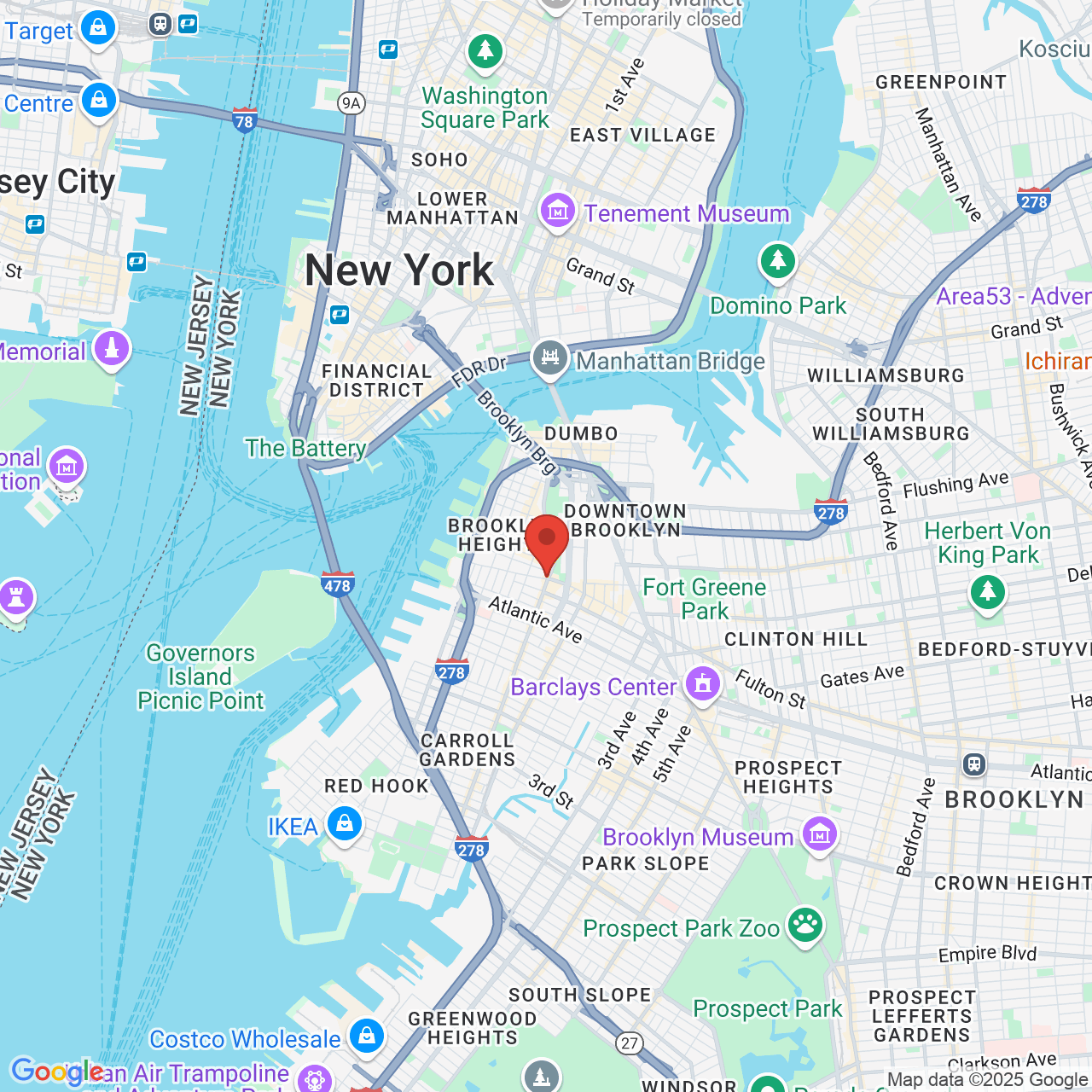The Dangers of Periodontal Pockets
 Gum disease poses many risks to oral health. One of the biggest risks of gum disease is the formation of periodontal pockets. If left untreated, periodontal pockets can lead to serious oral health issues, including painful abscesses, tooth decay, and tooth loss. Seeking treatment at the earliest signs of gum disease is key to closing pockets and protecting oral health. There are a variety of treatments available to reverse the damage of gum disease. Restorative dentistry treatments can repair severely damaged teeth to restore dental function and appearance. Schedule an appointment with Brooklyn dentist Eugene D. Stanislaus to find out which treatments are right for you.
Gum disease poses many risks to oral health. One of the biggest risks of gum disease is the formation of periodontal pockets. If left untreated, periodontal pockets can lead to serious oral health issues, including painful abscesses, tooth decay, and tooth loss. Seeking treatment at the earliest signs of gum disease is key to closing pockets and protecting oral health. There are a variety of treatments available to reverse the damage of gum disease. Restorative dentistry treatments can repair severely damaged teeth to restore dental function and appearance. Schedule an appointment with Brooklyn dentist Eugene D. Stanislaus to find out which treatments are right for you.
What Are Periodontal Pockets?
Periodontal pockets are a common symptom of periodontal, or gum, disease. Gum disease is caused by a buildup of plaque and tartar along the gum line. As more and more plaque and tartar collect between the gums and teeth, periodontal pockets form. If left untreated, these pockets will grow wider and deeper, allowing plaque, tartar, and bacteria to reach the roots of the teeth. This leaves the teeth vulnerable to decay and the gums and jawbone at risk of deterioration.
If you experience any of the following symptoms, you may have gum disease and should schedule a dental exam as soon as possible to prevent pocket formation and protect oral health.
- Bleeding while brushing and flossing
- Red, inflamed gums
- Sore or tender gums
- Oral abscesses
The Dangers of Periodontal Pockets
Periodontal pockets can lead to major oral health problems. If left untreated, periodontal pockets will continue to grow, and may lead to tooth loss. Periodontal pockets can cause serious damage to oral health, including:
- Tooth decay: Periodontal pockets allow plaque, tartar, and bacteria to come into contact with areas of the teeth below the gum line, leaving these areas vulnerable to tooth decay.
- Abscess formation: Abscesses, which are painful, pus-filled infections, can develop around the roots of the tooth and may seep out through the gums as a result of untreated periodontal pockets.
- Bone and tissue loss: Bone and tissue loss can occur as periodontal pockets widen. This loosens the hold of the gums and jawbone around affected teeth, leading to loose teeth and even tooth loss.
- Tooth loss: Periodontal pockets can lead to tooth loss as a result of either significant bone and tissue loss or extraction. Extraction may be necessary in cases of severe tooth decay.
Periodontal Pocket Treatments
Treating periodontal pockets is important to protecting oral health. The type of treatment used will depend on the severity of gum disease and periodontal pockets. Treatments include:
- Root planing and scaling: Root planing and scaling is a deep cleaning treatment used to close mild to moderate periodontal pockets by gently removing plaque and tartar at and below the gum line.
- Antibiotics: Mild gum disease can sometimes be treated with antibiotics. Often times, antibiotics will be paired with other gum disease treatments to reduce bacterial infection.
- Flap procedure: Severe pockets may require surgical treatment such as the flap procedure to fully remove built-up plaque and tartar deep along the tooth roots.
Seek Treatment Today
If you suspect you have gum disease, it's important to seek treatment immediately. Schedule a consultation with Dr. Stanislaus today for a happy, healthy smile.



